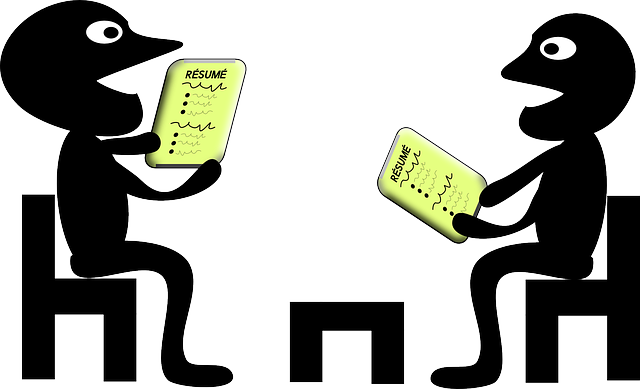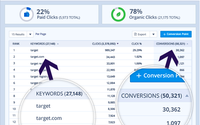— October 2, 2017

OpenClipart-Vectors / Pixabay
Yes, your resume is a personal document because it is all about you and what you have done, but you don’t want to make it too personal. There are some details that are better left off to help protect yourself against unintentional bias or discrimination. Furthermore, many of these items are simply irrelevant and take up valuable space on your resume that could be put to better use.
Here are a few elements to consider cutting:
Headshots. There is no need to include your picture with your resume; the only exceptions are LinkedIn, when applying outside of the United States where photos may be customary, and if you’re vying for a job as an actor or model. Otherwise, keep your resume clean and image-free. A potential employer can see what you look like when you interview.
Personal Information. This includes details such as your age, race, religion, marital status, and political affiliation. Not only are employers not allowed to ask about these matters, they can lead to issues with discrimination. Plus, they likely have no bearing your ability to do the job. However, if you are from outside of the United States, it may be helpful to indicate whether you do or do not need Visa sponsorship as this can be a pertinent issue in hiring.
Unprofessional Email. Now that you’re part of the workforce, it’s time to trade in your email handle as “surferdude” or “luv2dance” and opt for a more professional address that includes your name. If your name is taken, try using initials or adding punctuation or numbers. Also, try to steer clear of platforms such as AOL which can make you appear dated.
Hobbies. Once again, this is information that is likely irrelevant to the job. While shared hobbies can make you seem more relatable to certain hiring managers, for the most part, they are unnecessary. And who is to say that the person reading your resume will share your same passion for horses or rock climbing; it may be a turnoff to them. A better option would be to include volunteer work that you are active with.
Reasons for Leaving/Salary
These are details that should not be disclosed on your resume. An employer does not need to know why you left your last job. This is something that you can address in an interview if necessary. Instead, focus on your accomplishments and the impact you made while there. There is no need to include your salary either. If an employer asks for a salary history, put together a separate document with these details.
Business & Finance Articles on Business 2 Community
(61)
Report Post





